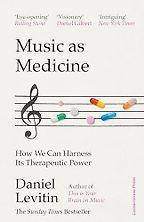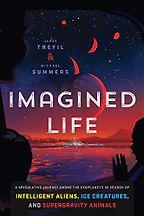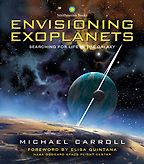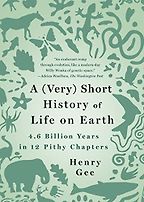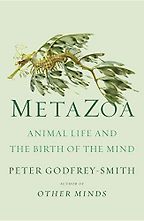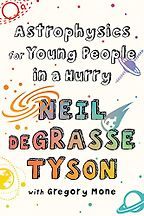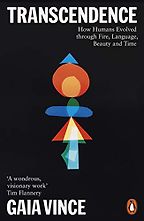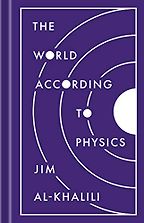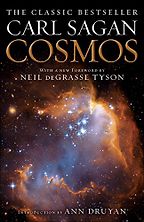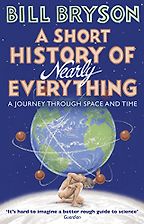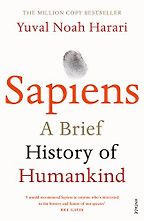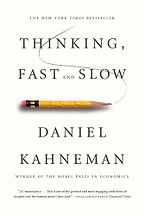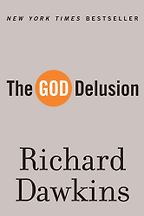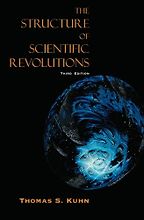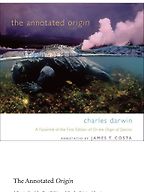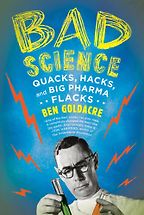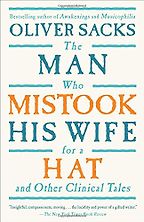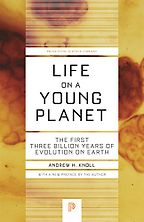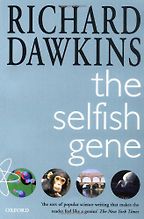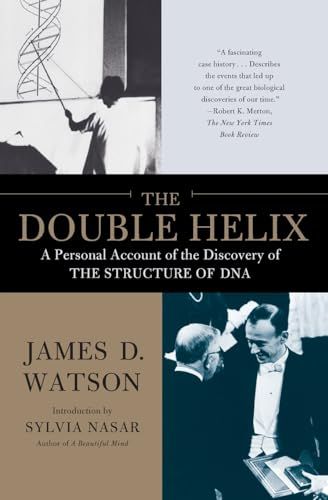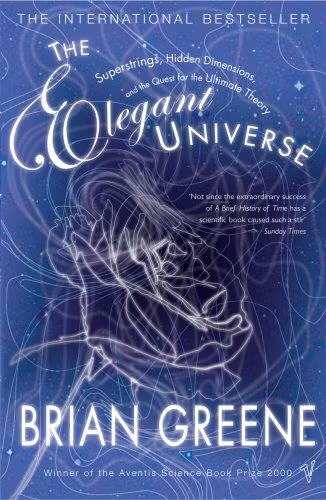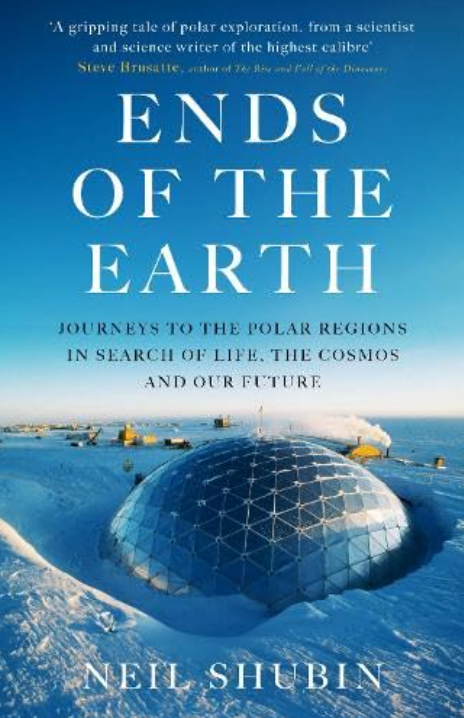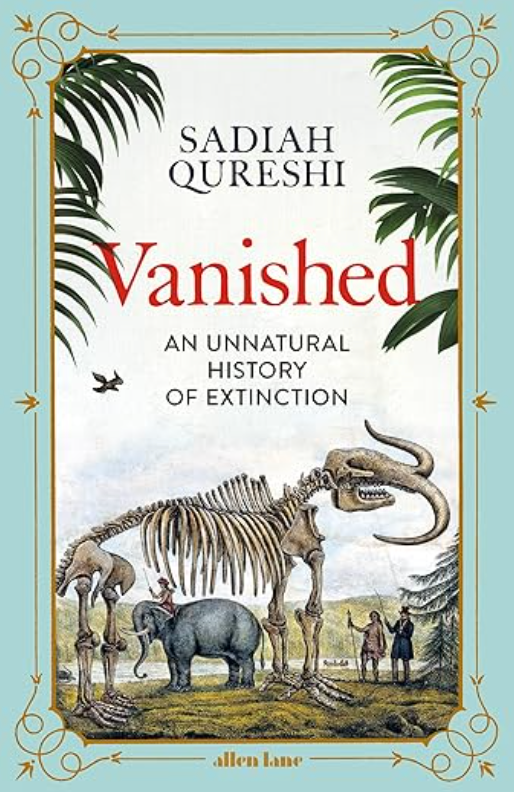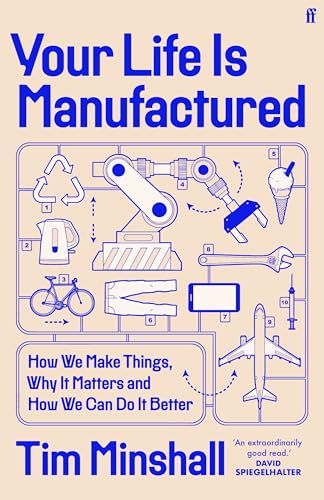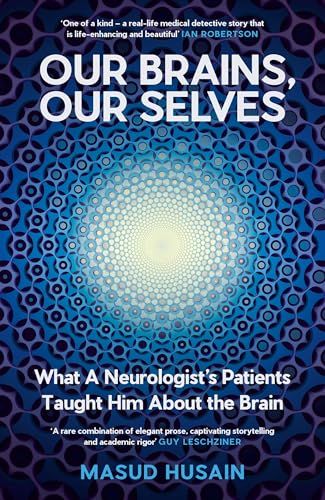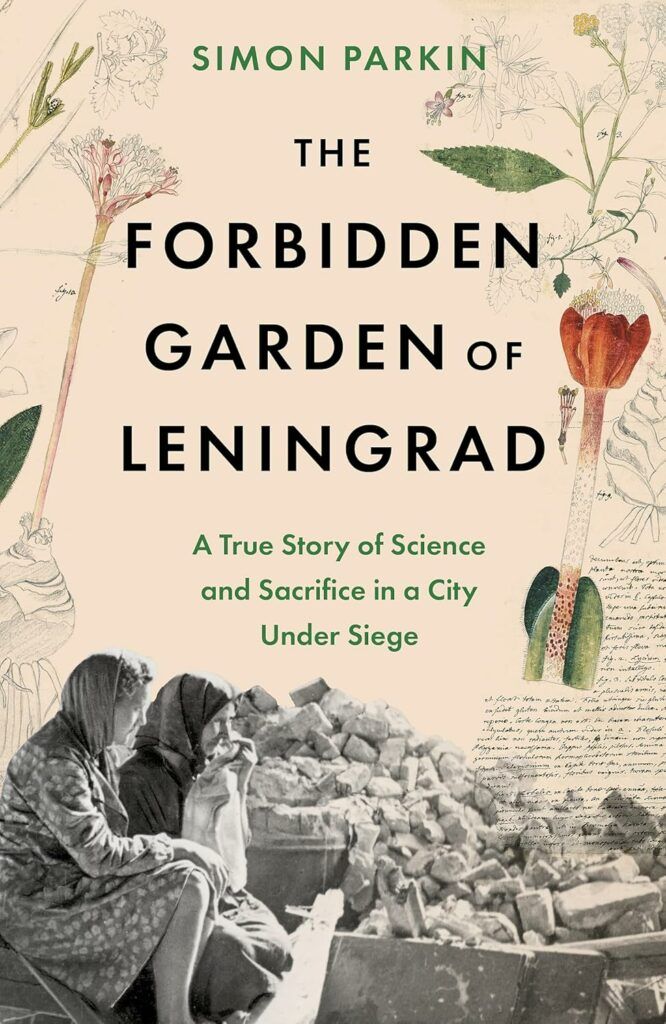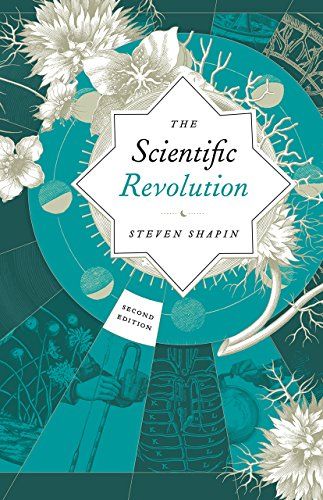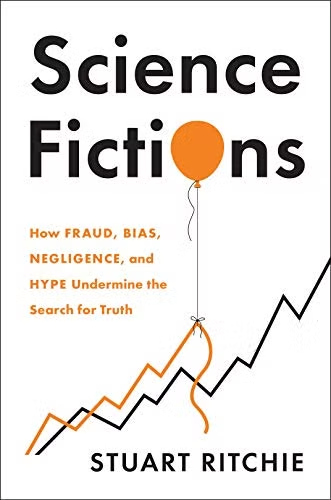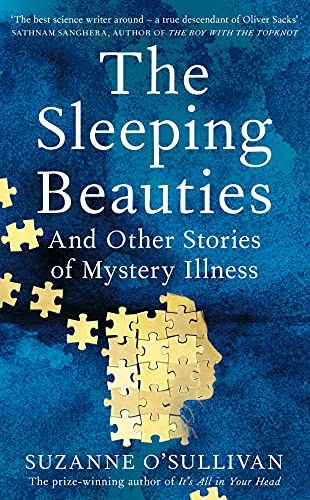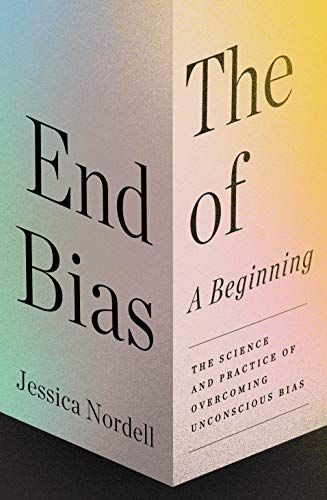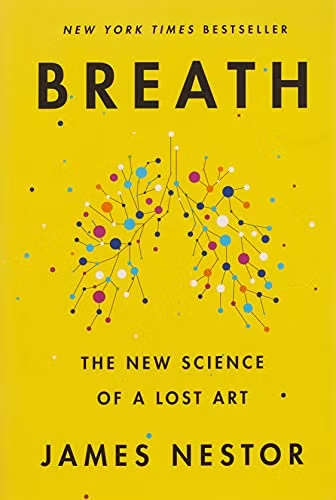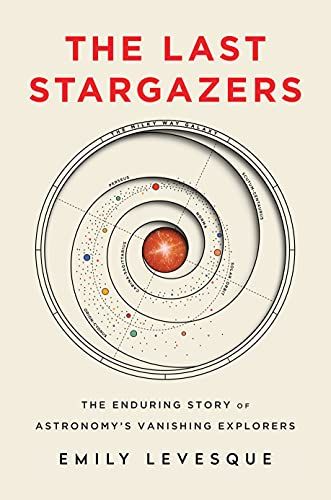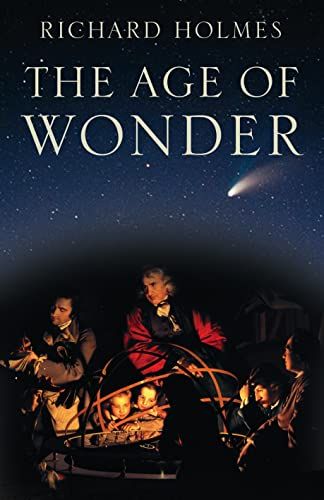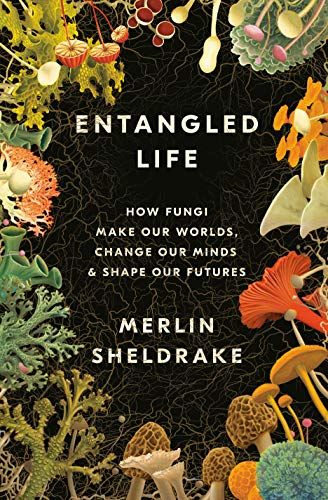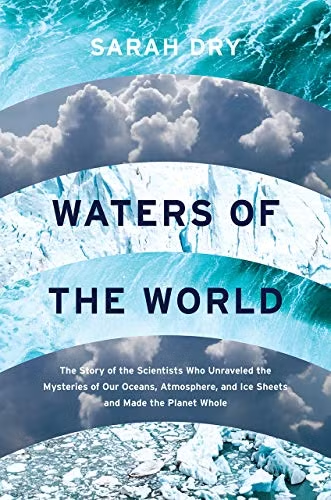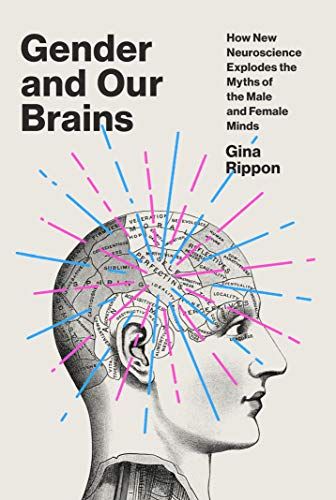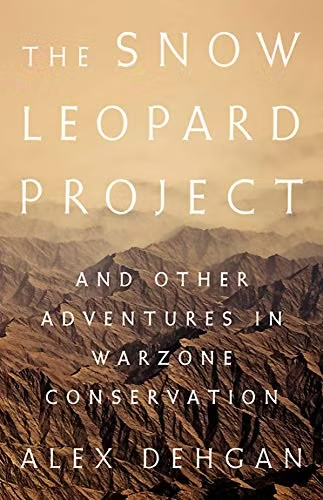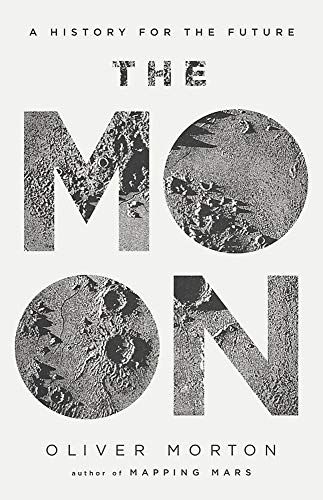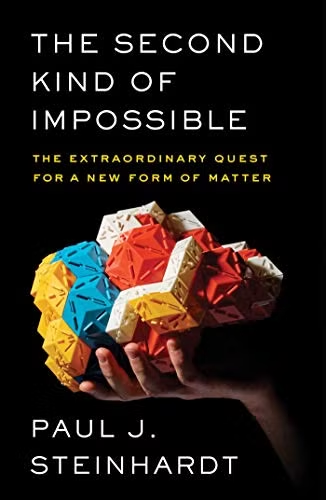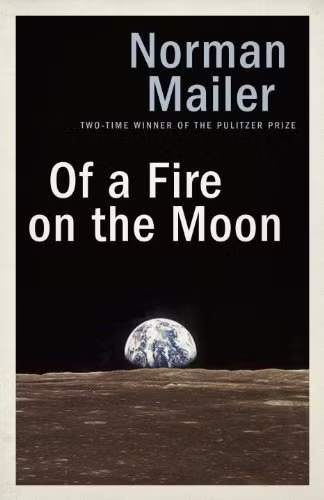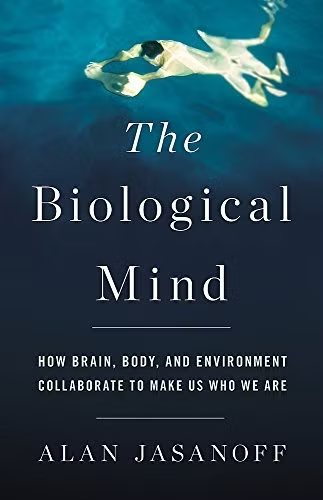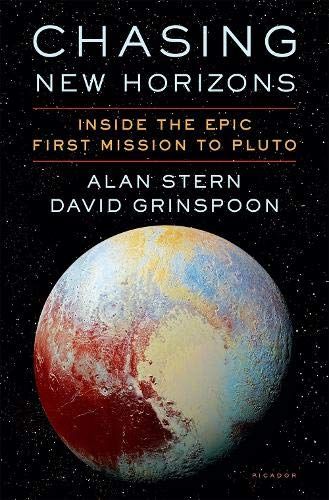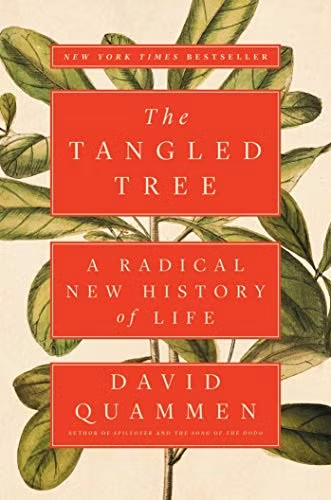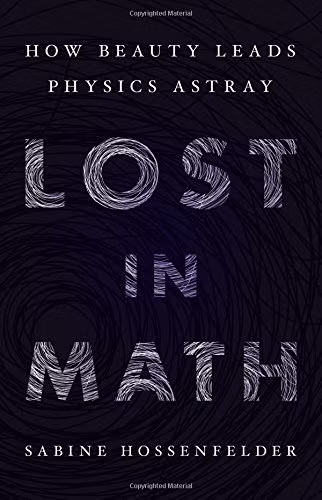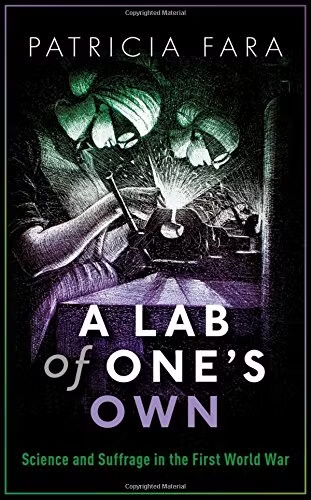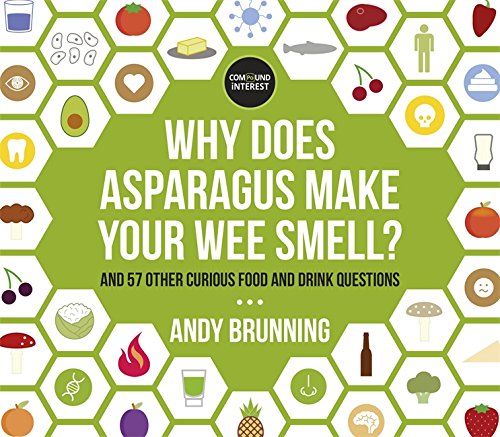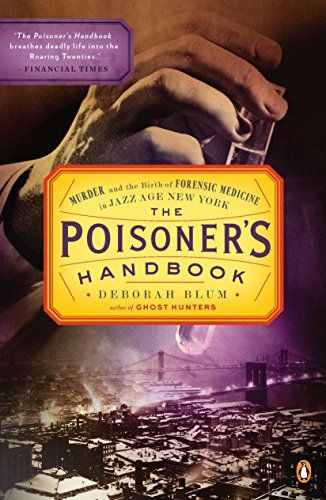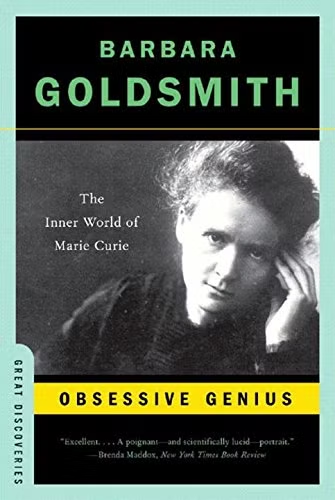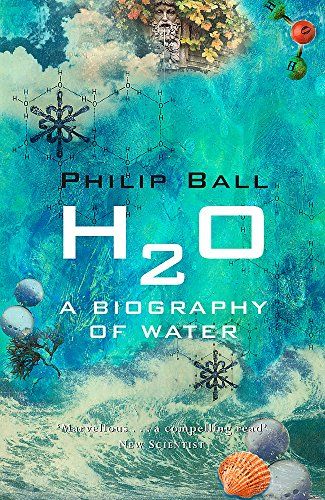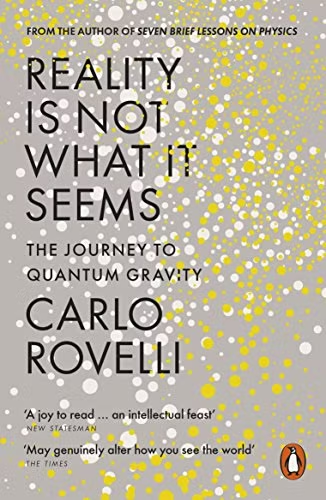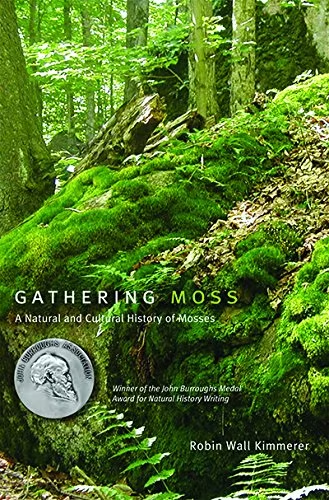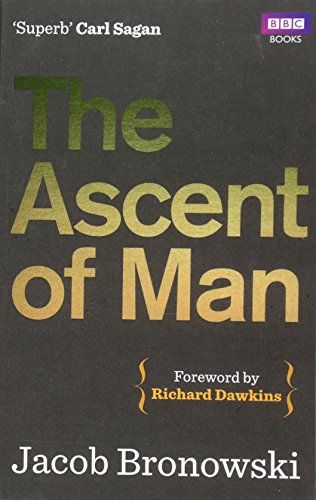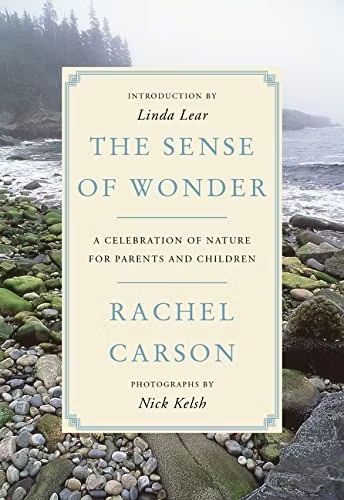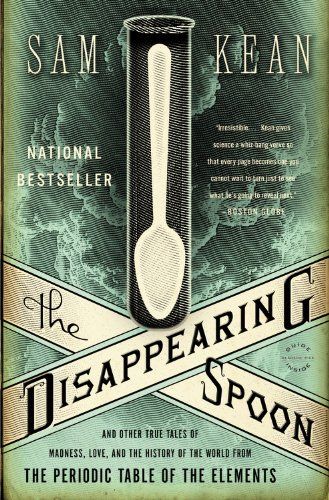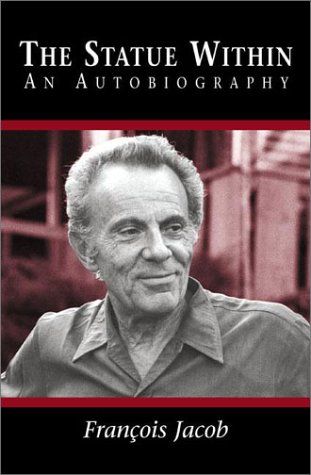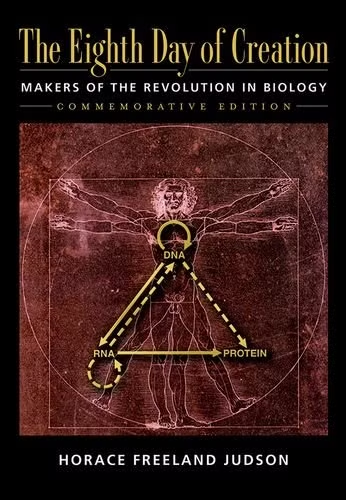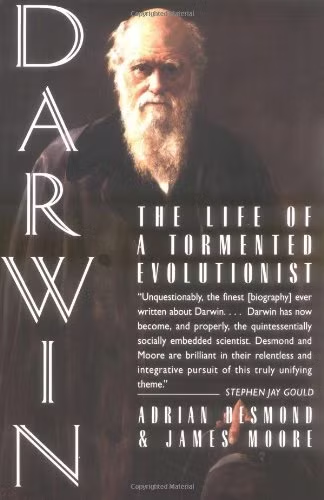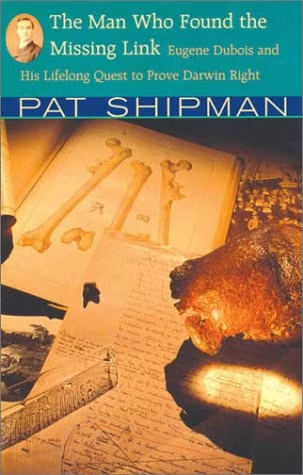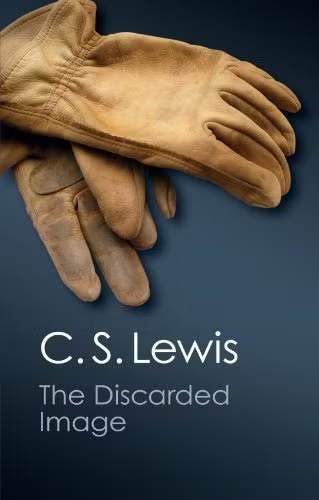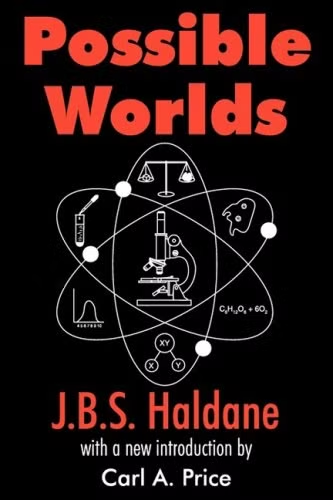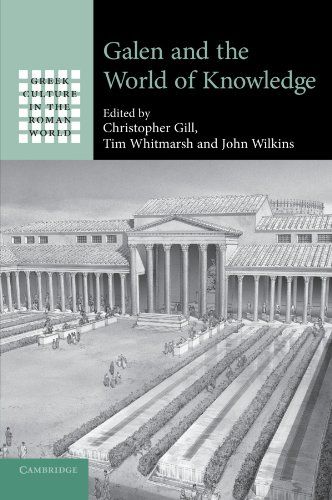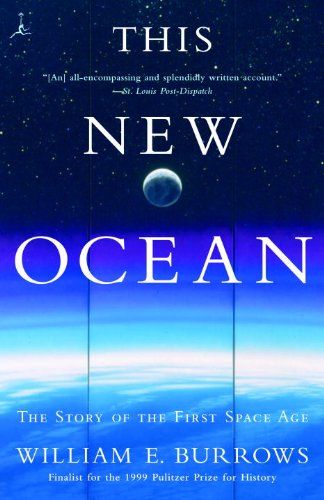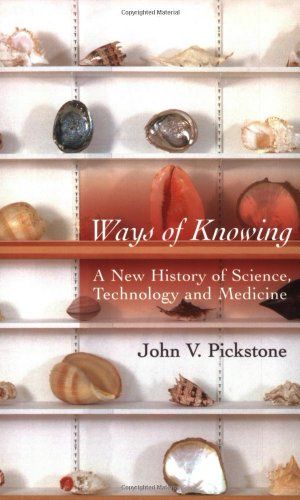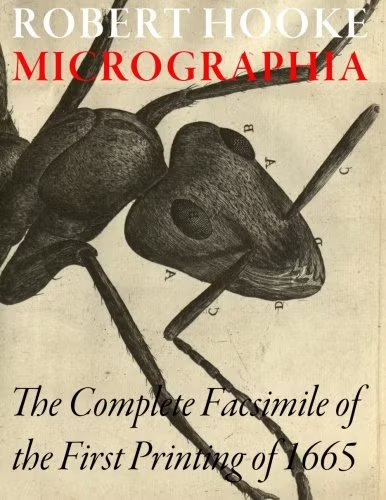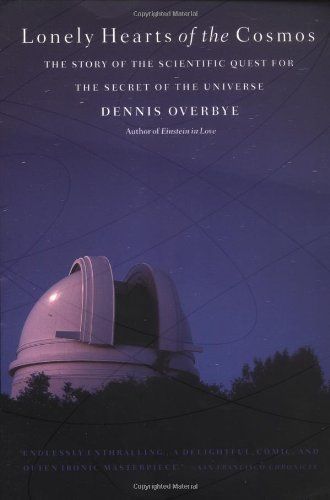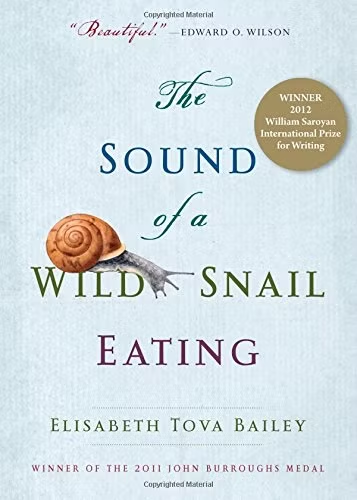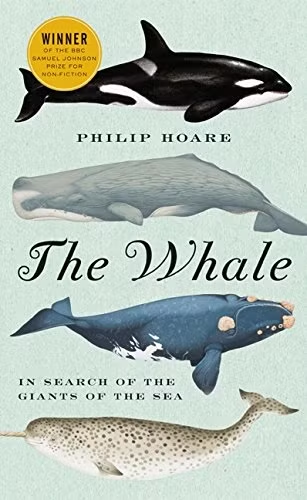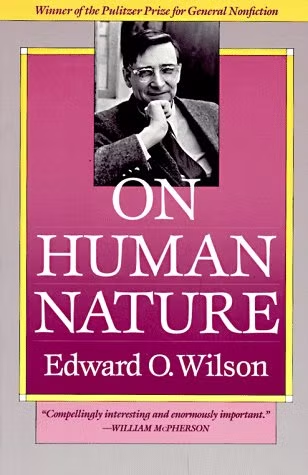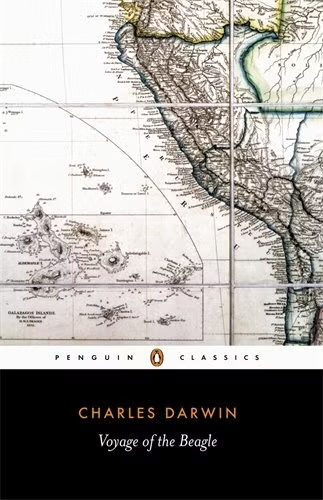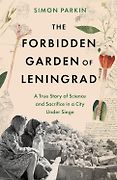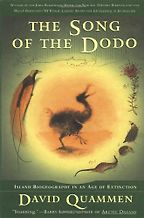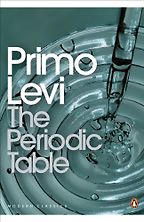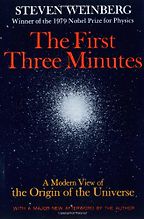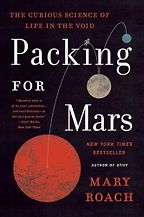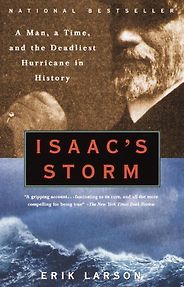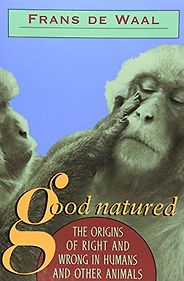Popular Science
Last updated: December 12, 2025
Modern science is often seen as being so complex that mere enthusiasts shouldn't try to comprehend it. At Five Books, we take the view that science, whether ancient or modern, should be accessible to all readers. And every day, great authors publish fantastic popular science books with that goal in mind.
“Levitin is a researcher, a musician, and a scientist. So he’s an interesting person with a very varied perspective. A lot of this book is about how music influences the brain, and how music can be used to treat neurological issues. It’s not all classical music; there’s also music by Beyoncé and a whole bunch of other things. One of the real messages that comes from this is that there is no one-size-fits-all. Music as medicine is highly personal. Something that works for you might not work for your wife, your brother, your sister, your child. There are certain things about every person’s brain that work in particular logical and electrical shapes. So how this work depends on the individual.” Read more...
The Best Popular Science Books of 2025: The Royal Society Book Prize
Sandra Knapp, Biologist
“It’s speculating about alternative biologies. The problem is that we have just one example of biology, the one that happened on Earth. Everything on Earth—from a fungal spore to a blue whale, to a redwood tree—is the same biological experiment. We don’t know what a different biological experiment would lead to, or what the creatures and life forms that emerge would look like. If you vary from the one example we know, you’re immediately in the realm of pure speculation. It’s a tricky business because we simply don’t know. I enjoyed the book. I did have a little asterisk in my head as I read it saying, ‘Wait a minute! We don’t know that that could happen or that it would be like that!’” Read more...
Chris Impey, Scientist
“She’s…interested in the quirks of the planets. I wouldn’t call it The Guinness Book of Records approach, but there’s a bit of that. She says, ‘Wow, there are oddball planets!’ Then she takes it beyond that, and asks, ‘How do they happen? How does nature make these strange planets? Why are they strange compared to the planets in our solar system? Is our solar system dull? Is it typical?’ These are important scientific questions, but she does have a lot of fun with the oddballs—the planet where it’s raining molten lava or diamonds or the planets that have been stretched into a pear shape because they’re so close to their star. She writes about all sorts of extreme planets that we’ve found.” Read more...
Chris Impey, Scientist
“Michael Carroll is an internationally reputed space artist, and he’s very knowledgeable. There are maybe 200 beautiful, full-color illustrations in the book. The important prefatory comment is that even though we have 5,300 exoplanets that we know of, we don’t have images of more than 100 of them. Most of them are found by these indirect methods of Doppler radial velocities, and the transit of eclipses. Only a very small fraction has had a picture taken of them and even those are just a few pixels or a dot. These illustrations are all visualization, imagination and projection from the basic data. Here’s the mass, here’s the size, we think it might have this in the atmosphere, what would it look like? He follows that through and says, ‘Here’s what I think it might look like.’ It’s nice to see something that, unfortunately, scientists can’t.” Read more...
Chris Impey, Scientist
A (Very) Short History of Life on Earth: 4.6 Billion Years in 12 Chapters
by Henry Gee
***Winner of the 2022 Royal Society Science Book Prize***
“I see this book almost as one long poem. The style might not be to everyone’s taste, but I think everybody would agree that it’s amazing. The use of language is breathtaking. You feel like you’re part of this extraordinary evolutionary process, both physical and biological. He stops it from just being drearily descriptive, and takes you on this wave of fantastic imagery—describing what was happening, so that you can see it.” Read more...
The Best Popular Science Books of 2022: The Royal Society Book Prize
“Pale Blue Dot is a contemplation on humanity, and our future. It asks who we are and where we came from, in order to understand where we are going. In particular, it examines the possibilities of space travel within our solar system and to other stars over the next few centuries. The thing I found most compelling about it was how it described the science of these endeavours in such evocative — indeed poetic — ways. I hadn’t realised it was even possible to write like this, combining clarity, accuracy and beauty, and it made a great impression on me.” Read more...
Toby Ord, Philosopher
Metazoa: Animal Life and the Birth of the Mind
by Peter Godfrey-Smith
***🏆 A Five Books Book of the Year ***
“What makes this such an interesting book for me is the combination of the first person and the more scientific and philosophical analysis. I’ve already mentioned that the author is a scuba diver. He’s brilliant at describing just what he sees, the patterns of behaviour of the animals he observes” Read more...
The Best Philosophy Books of 2020
Nigel Warburton, Philosopher
“Neil deGrasse Tyson is an astrophysicist at the American Museum of Natural History…We felt this book was just really nicely written. In the first sentence he writes, ‘in the beginning, nearly 14 billion years ago, the entire universe was smaller than the period that ends this sentence.’ He really has a good way of capturing the enormity of what you’re looking at. The book has nice little digressions too, where he talks about the physics. So there’s a little bit about Newton and the impact that had and then there’s things about the oblateness of the Earth—in other words, it isn’t exactly spherical—and that you’re a little bit lighter at the equator than you are at the poles.” Read more...
The Best Science Books for Kids: the 2020 Royal Society Young People’s Book Prize
Mike Kendall, Scientist
Transcendence: How Humans Evolved Through Fire, Language, Beauty, and Time
by Gaia Vince
***Shortlisted for the 2020 Royal Society Insight Investment Science Book Prize***
"I wrote this book to answer what, for me, is the biggest question: how did we become so different from all the other animals—able to alter our own destiny and that of the rest of life on earth?" —Gaia Vince.
Read our interview with Gaia Vince—whose last book, Adventures in the Anthropocene, won the 2015 Royal Society Science Book Prize—on the best books on the Anthropocene.
The World According to Physics
by Jim Al-Khalili
***Shortlisted for the 2020 Royal Society Insight Investment Science Book Prize***
"This book is an ode to physics. I first fell in love with physics when I was a teenager" —Jim Al-Khalili.
In The World According to Physics, theoretical physicist, author and broadcaster Jim Al-Khalili continues his mission to explain physics so that the rest of us can understand it, taking readers through the three 'pillars' of modern physics: relativity, quantum mechanics, and thermodynamics.
Read our updated interview with Jim Al-Khalili on the physics books that inspired him.
“It explains 14 billion years of the evolution of the universe, a sort of engineering experiment on the largest possible scale. It spans all scales of space and time, describing everything from the largest scales of the universe to the smallest scales of molecules and atoms. It’s a good book for putting everything in perspective.” Read more...
Ante Shoda, Scientist
“What I really liked about A Short History of Nearly Everything is that it gives an excellent account of a lot of the personalities and the interconnectedness of important discoveries in cosmology and elsewhere. He does such a great job of bringing together our understanding of cosmology, evolution, paleontology, and geology in a very, very fluid way.” Read more...
David Goldberg, Physicist
Sapiens: A Brief History of Humankind
by Yuval Noah Harari
Some academic historians have been quite critical of Sapiens by the Israeli historian Yuval Noah Harari, pointing out that some of the nuances of debates are lost in a popular history book. But that's also why it makes a good read and an effective audiobook. It not only gives Harari more scope to address the big questions, but also gives many people their first detailed introduction to the origins of human beings. There's a lot to think about after reading this book, even if you ultimately disagree with his interpretation.
“Kahneman developed research with Amos Tversky, who unfortunately died young—I think it would have been a co-written book otherwise. It’s a brilliant book that summarizes their psychological research on cognitive biases, or is patterns of thinking, which all of us are prone to, which aren’t reliable.” Read more...
The best books on Critical Thinking
Nigel Warburton, Philosopher
“Even if we’re not technically in a mass extinction event like the one that did in the dinosaurs, it’s clear we are in the midst of a crash in species diversity and population size that is so devastating as to influence the operation of the Earth system as we know it. We’ve heard this quite a lot over the years, but Kolbert’s book brought it home in a more intimate, and a more damning way. There’s a calmness, and a detachedness in her writing that makes it that much more powerful and affecting” Read more...
The best books on Global Challenges
Rowan Hooper, Journalist
“Richard Dawkins is very funny. One of the reasons for reading The God Delusion is that it will disabuse you of the idea – which is a common stereotype of atheists – that they are utterly humourless…Dawkins also explains a lot about why he disagrees with people who reconcile science and religion. I agree with him on this. I actually do think they are irreconcilable.” Read more...
Susan Jacoby, Journalist
“Kuhn was a famous American philosopher of science, and in this book he was writing about paradigm shifts: how the scientific community, and therefore eventually all of us, change our world views. He looks at where those revisionary revolutions in thought come from. Instead of it being a straightforward ladder of progress, you never know where knowledge is going to come from. It can come from left field, and the book is full of examples of that sort of paradigm shift.” Read more...
The best books on The History of Medicine and Addiction
Louise Foxcroft, Historian
“An educated person is someone who knows at least a little bit about the major disciplines in human endeavour. And in biology, this is what you need to know – not only historically but also contemporaneously, because Darwin was right, and still is right, about so many things.” Read more...
Jerry Coyne, Biologist
“This book changed the way I thought about my own writing and it changed the way I thought about the world. It really is one of the best books I have ever read.” Read more...
Tim Harford, Economist
“What would that be like? What would it be like to be unable to lay down any new memories, to think it’s 1945 all the time and everybody you meet is new? It’s fascinating to imagine, and I feel a lot of sympathy for the Mariner even though he doesn’t know how bad he has it.” Read more...
The best books on Philosophical Wonder
Eric Schwitzgebel, Philosopher
“One of the most impressive popular science books I’ve ever read was Stephen Jay Gould’s Wonderful Life. That was a lovely book about the development of complex life, the Cambrian explosion. Knoll’s book is in the same category. It’s very well written and has a broad sweep of 3 billion years of history. He’s a very preeminent geologist and paleontologist and his expertise covers a number of fields. He’s at the top of his game and he lays out the subject beautifully….He’s a good writer, and I like the fact he’s not hyperbolic. He avoids dramatic statements…He’s quite cautious. I appreciate that, because in his field we’re dealing with slender evidence.” Read more...
Chris Impey, Scientist
“I really picked this book because for me, and I think for lots of people, it was an entry point into thinking about applying evolutionary principles to human behaviour. In a very user-friendly way, it gives you some of the basic tools you can use to start thinking about it…The book was synthesising a bunch of ideas that had been developed by a variety of researchers, in particular William Hamilton and Robert Trivers, on how we can think about evolutionary processes to explain things like cooperation and altruism, which has been a long-running puzzle. It lays out a particular way of thinking where you think about genes from the genes’ eye view. You think about what is good for the gene, and that allows you to solve a bunch of puzzles about altruism, about why people would help those who have copies of those same genes…I put it on the list because it was inspirational to me, though I like to think we now have an enriched way of looking at things that goes beyond what we did in the 70s. “ Read more...
“I think that he is one of the most intelligent people to live in the 20th century. Yet at the same time, surprisingly, he is an amazingly good teacher. This is quite an unusual combination.” Read more...
The best books on Accessible Science
David Bainbridge, Biologist
“Before Watson and Crick began their work, it was realised that genes are made of DNA; the double helix structure revealed two things. First it tells us how genes replicate—which was what Watson was particularly obsessed about—because the two strands of the molecule are reciprocal and so, if the cell can read what’s on one strand, it can then copy it and you get two daughter double strands. That’s what happens in the cell every second, it’s happening in your cells right now. What I think is even more exciting is that Watson and Crick realised that the order of bases—the rungs that hold the ladder of DNA together—is highly significant. The sequence of those bases is what they called in their second 1953 article in Nature (after they had described the double helix structure) ‘genetic information.’ This is what genes contain. This realisation was an incredible moment in human history. In his book, Watson described what was a very exciting time to have been alive. Anybody who reads The Double Helix is drawn into this world of competition and excitement and academic existence, much of which no longer exists because of the changes in the way that science is done, and the increasing pressure on academic time from various sources.” Read more...
The best books on The History of Science
Matthew Cobb, Scientist
The Elegant Universe
by Brian Greene
The reason The Elegant Universe is such a good book is that Brian Greene does a very good job of explaining the current understanding physicists have of the universe. In other words it's a readable book about the universe.
Brian Greene is a distinguished researcher, and he was the first to make an all-out effort to really connect to the public with the main ideas of modern string theory. In 2000, The Elegant Universe won the Royal Society Prize for Science Books and was a finalist for the Pulitzer Prize Nonfiction.
“It’s a profound book about the effect that the two ends of the Earth—the polar regions—have had on global climate throughout geological history, and how change there today will seriously affect us.” Read more...
The Best Popular Science Books of 2025: The Royal Society Book Prize
Sandra Knapp, Biologist
“It looks at the idea of extinction, which we take for granted now, and at a time when extinction was first becoming something that people talked about—in the post-Darwinian age, when we realised that there were life forms on Earth that weren’t with us any more, and the discovery—although I hate the word discovery—of bones that didn’t match anything on Earth that they knew. Those findings were revelations that made people rethink their relationship with the environment. She documents this in a compelling and very compassionate way. She also writes about its coincidence with the colonial project by European powers, and how this new paradigm of extinction, the idea of extinction, in a way made it okay for colonial powers to exterminate groups of people unlike them.” Read more...
The Best Popular Science Books of 2025: The Royal Society Book Prize
Sandra Knapp, Biologist
“This book is amazing! I’ll never look at a tea kettle in the same way again, ever. Or toilet paper, for that matter. It’s an extraordinary book about how much we depend on systems we don’t see for the everyday things that we do. Minshall goes through quite a few different supply chains, showing how intricate some of these things are, and how easy it is to disrupt them. But he also talks about how we can solve some of these problems, by making things closer to home, or taking a more robust approach to manufacturing.” Read more...
The Best Popular Science Books of 2025: The Royal Society Book Prize
Sandra Knapp, Biologist
Our Brains, Our Selves: What a Neurologist’s Patients Taught Him About the Brain
by Masud Husain
🏆 Winner of the 2025 Royal Society Trivedi Science Book Prize
“A beautiful exploration of how problems in our brains can cause us to change. Its about the concept of ‘self’ and how pathological problems in the brain can cause people to become completely different, and therefore be rejected by society. It’s a very empathetic book, told in a wonderful way, and from a very personal perspective. You see this is a doctor who feels very much for these people.” Read more...
The Best Popular Science Books of 2025: The Royal Society Book Prize
Sandra Knapp, Biologist
The Forbidden Garden of Leningrad: A True Story of Science and Sacrifice in a City under Siege
by Simon Parkin
War throws into sharp relief what’s important to us. It forces us to decide what we save and what we sacrifice. Simon Parkin takes us to the darkest days of the Nazi siege of Leningrad, where a group of botanists faced a terrible dilemma. Having amassed the world’s greatest seed bank in the hope of ending famine for all humans one day, they now guarded their vast stash of nutritious specimens at the heart of a city that was starving to death. Artfully told, this is a beautiful and harrowing tale of science, politics and principle in times of war.
The Scientific Revolution
by Steven Shapin
"There was no such thing as the Scientific Revolution, and this is a book about it" —opening line of The Scientific Revolution by Steven Shapin.
“Humans do science, that that means it’s flawed, you know? Maybe they over-hype their findings, sometimes they are biased in their analysis or data collection. He gives several well-known examples—Andrew Wakefield’s MMR paper, or Paolo Macchiarini’s work on transplantation. He reaffirms what science should be about—nullius in verba, take nobody’s word. Which is in fact the Royal Society’s motto. He comes up with ways to limit the damage to science, which makes it quite an important book because you want to ensure science is done to the highest possible standard.” Read more...
The Best Popular Science Books of 2021: The Royal Society Book Prize
Luke O'Neill, Scientist
“This is a bit like a detective story. O’Sullvan is a neurologist, who specialises in epilepsy. Some of the patients she would see have these strange seizures, that’s how she got into it, I suppose. In the book, she goes around the world to explore these examples of young women who have gone, suddenly, into comas, and cannot be raised. Or they’ve developed epilepsy suddenly. She goes to Sweden, upstate New York, Kazakhstan, and then characterises them all. It’s a good clinical account of our most unusual situations—which aren’t as uncommon as you might think.” Read more...
The Best Popular Science Books of 2021: The Royal Society Book Prize
Luke O'Neill, Scientist
“It’s a sweeping account of a very important topic, because we are all biased—consciously or unconsciously. A good part of this book addresses whether there is a way to counter this bias. In the case of medicine, there’s the checklist—the doctor can make sure to go through a checklist to ensure each patient is treated equally. There’s a lot on police in America, and the training they are using to reduce bias. Nordell makes the case that we’re biased by nature, so it’s down to us to decrease bias.” Read more...
The Best Popular Science Books of 2021: The Royal Society Book Prize
Luke O'Neill, Scientist
“Imagine a whole book about breathing! But there was a necessity, I think. Nestor is a journalist; he goes into everything you need to know about breathing. We learn that no matter what you eat, no matter how you exercise, how wise you are—none of it really matters if you’re not breathing properly.” Read more...
The Best Popular Science Books of 2021: The Royal Society Book Prize
Luke O'Neill, Scientist
“It’s by a female astronomer in a very male-dominated science, historically. She describes her own career, and how she navigated that world. She gives a really good account of the telescopes in Chile and Hawaii—all the challenges, all the things that broke down, bad weather, all sorts—and goes into detail on the great discoveries astronomers have made. Towards the end, she talks about the future of astronomy: now you can do it all remotely, just download data from the telescope. She makes a compelling case of how the science will change because of this.” Read more...
The Best Popular Science Books of 2021: The Royal Society Book Prize
Luke O'Neill, Scientist
“It’s a splendid book…It’s a group biography of writers and scientists in the late 18th and early 19th century—Herschel and Humphrey Davy on the science side, and the Romantic poets, mostly in England, and their engagement with the sublime and with science. Among Holmes’s qualities are his warmth, his extraordinary depth of knowledge and the fluency in his writing. It’s just a really enjoyable read.” Read more...
The best books on Science and Wonder
Caspar Henderson, Journalist
Entangled Life: How Fungi Make Our Worlds, Change Our Minds & Shape Our Futures
by Merlin Sheldrake
***Winner 2021 Wainwright Prize for Writing on Global Conservation***
***Winner The Royal Society Science Book 2021***
“This is an outstanding science book, actually. And again: who would imagine you’d enjoy a doorstopper of a book about fungi? He goes through everything you need to know about fungi: he talks about truffles, about psychedelic mushrooms, about yeast and alcohol, penicillin. He even makes the case that life wouldn’t have to moved onto land without fungi.I thought that was fascinating. So, again, great science and really well written.” Read more...
The Best Popular Science Books of 2021: The Royal Society Book Prize
Luke O'Neill, Scientist
“It’s inspired. Sarah Dry is a science historian specialising in climate. And it is history, she shows, that helps to ground our understanding of the nature and findings of baggy multidisciplinary fields like climate science. So at a time when millions of people worldwide are demonstrating over the climate crisis — basically fighting for a future — Dry looks to the past: to the very roots of the science of planetary change, told through the stories of six dedicated researchers.” Read more...
The Best Science Books of 2019
Barbara Kiser, Science Writer
“It’s a sizzling response to the ongoing intensity of need, in society and some scientific enclaves, to ‘sex’ the brain. That is an issue the psychologist Cordelia Fine, among others, has explored in studies such as Delusions of Gender. But we need to revisit it, Gina Rippon argues: myths and misconceptions persist. She accordingly debunks a great deal of bad science and received wisdom, while also constructing a realistic picture of the brain within its environmental context.” Read more...
The Best Science Books of 2019
Barbara Kiser, Science Writer
“Alex Dehgan’s account of conservation along the country’s ‘biological Silk Road’ is alternately hair-raising, poignant and enlightening. He recounts the setbacks and stresses of assembling a crack team under impossible conditions, of field research in a bullet-strewn wilderness, of setting up the country’s first national park in Band-e Amir. It was, he shows, a grueling, complex operation with many moving parts.” Read more...
The Best Science Books of 2019
Barbara Kiser, Science Writer
“The writing ever edges into the poetic; it’s just a constant pleasure. At a time when many are eyeing up that dusty expanse again for what Morton calls the “Return”, this book steps back, deftly explaining the science on our satellite and its cultural niche in the charged space between the once and future Moons.” Read more...
The Best Science Books of 2019
Barbara Kiser, Science Writer
“It’s a window on the process of discovery, a blow-by-blow account of a long wrangle with theory and evidence. Paul Steinhardt — a cosmologist fascinated by novel forms of matter — relates his indefatigable decades-long quest for an ‘impossible’ material, the quasicrystal, with Holmesian intensity…This is a book offering a real sense of the collaborative, generous-minded aspect of doing science.“ Read more...
The Best Science Books of 2019
Barbara Kiser, Science Writer
“I read his account of being a witness to the launch of Apollo and it is prose that brings tears to my eyes.” Read more...
The best books on Science Writing
Tim Radford, Science Writer
“He reminds us that brains are organs: messy, awash with fluids and “glue-like” glial cells as well as neurons. Like (and unlike) our other organs, our brains interact with the rest of our bodies.” Read more...
The Best Science Books of 2018
Barbara Kiser, Science Writer
“This is an account of NASA’s New Horizons probe, which zipped past Pluto on a July 2015 flyby 4.8 billion kilometres from Earth—a dynamic soup-to-nuts treatment of the mission by its principal investigator Alan Stern and astrobiologist David Grinspoon. Thus, it’s the ultimate insider’s account.” Read more...
The Best Science Books of 2018
Barbara Kiser, Science Writer
“Quammen is one of the great science journalists, and this is a monument of a book—a masterful retelling of how the ‘tree of life’ was recast in the twentieth century by a band of original thinkers.” Read more...
The Best Science Books of 2018
Barbara Kiser, Science Writer
“This is a firecracker of a book—a shot across the bows of theoretical physics. Sabine Hossenfelder, a theoretical physicist working on quantum gravity and blogger, confronts failures in her field head-on.” Read more...
The Best Science Books of 2018
Barbara Kiser, Science Writer
“Science historian Patricia Fara’s powerful book looks at the socio-political ferment around women’s suffrage through a scientific lens. We walk the walk with scores of women in science from the nineteenth century, through the war years and into the early twentieth century, when sexism was pervasive and blatant.” Read more...
The Best Science Books of 2018
Barbara Kiser, Science Writer
“This book reminds us that humans are small chemical factories, taking in raw materials, turning them into energy and building materials and producing wastes, some of them smellier or more colorful than others.” Read more...
Michelle Francl, Scientist
“Deborah Blum’s book reminds me that molecules are powerful witnesses, if only we have the skills to interrogate them, and sometimes they are killers.” Read more...
Michelle Francl, Scientist
“To me, the strength of Goldsmith’s biography of Marie Curie is how it so clearly characterizes the depth of her obsession with her scholarly work in the face of almost unimaginable difficulties, from her struggles to afford her education in Paris to the loss of her beloved Pierre.” Read more...
Michelle Francl, Scientist
“H2O didn’t disappoint. Ball talks about tough scientific topics in ways that are both accurate and truly accessible.” Read more...
Michelle Francl, Scientist
“It goes right to the edge of his field—quantum loop gravity—but I found it a really enjoyable read for a number of reasons. For one thing he’s got a good, simple style, and he has a great capability to explain…He’s also informed by a strong literary and artistic imagination and appreciation of, for example, the mediaeval mind. There’s lovely stuff on Dante and one of the chapels in Florence, and how they inform our ways of perceiving the shape of the universe. He’s also great on Democritus…He had quite a success with a book called Seven Brief Lessons in Physics, and this is basically the longer version of the same book. I think it’s actually a better book in some ways.” Read more...
The best books on Science and Wonder
Caspar Henderson, Journalist
“She writes vividly about what it’s like to walk across moss in bare feet and to notice it for the first time and to notice the incredible world within moss and the creatures that live within it.” Read more...
The best books on Science and Wonder
Caspar Henderson, Journalist
“It’s a historical document now but it’s very beautiful.” Read more...
The best books on Science and Wonder
Caspar Henderson, Journalist
“It’s a beautiful piece.” Read more...
The best books on Science and Wonder
Caspar Henderson, Journalist
“One of the things that Sam Kean does early in the book is that he calls the periodic table ‘one of the great intellectual achievements of humankind’. I think he’s right. A lot of people may not think about it, but how scientists figured out that periodic table, where the elements are listed, and how they are connected to each other, is essential to the lives that we live today. We would not have the kind of products that we have if researchers had not figured out these relationships.” Read more...
“It stands out in terms of scientists telling their own stories.” Read more...
Sean B Carroll, Biologist
The Eighth Day of Creation: Makers of the Revolution in Biology
by Horace Freeland Judson
Whatever unit of measurement you have for revolutions, this was a big one.
“It is an almost four-dimensional treatment of Darwin and his life and times.” Read more...
Sean B Carroll, Biologist
“He concluded that the most important thing anybody could ever discover was the supposed missing link between humans and apes.” Read more...
Sean B Carroll, Biologist
“You have to understand this world or you can’t enjoy Dante.” Read more...
The best books on Science Writing
Tim Radford, Science Writer
“There’s a greater density of memorable sentences in Haldane’s collected journalism than there is in most great novelists’ writing.” Read more...
The best books on Science Writing
Tim Radford, Science Writer
“Galen did his experiments in front of an audience to prove to the great and the good that the brain, not the heart, controlled movement.” Read more...
The best books on The History of Science
Matthew Cobb, Scientist
This New Ocean: The Story of the First Space Age
by William E. Burrows
An extremely readable account of a time I grew up in—almost like a novel.
“A lot of what I saw as the classic structure of scientific research is a description of three decades in the second half of the 20th century.” Read more...
The best books on The History of Science
Matthew Cobb, Scientist
“This book is an oldie but goldie. It was the first scientific bestseller, as near as I can tell. There’s a quote from Samuel Pepys—who was an original fellow of the Royal Society—that he stayed up until two ‘o’ clock in the morning reading Hooke’s book. Incredibly, the book is still in print. There are, I believe, 54 illustrations in it. It was the first book that really showed the public what the world they could not see with their naked eye looked like. It was really amazing…the illustrations in the book were done by Hooke himself and are breathtaking for their incredible accuracy, even today.” Read more...
Paul Falkowski, Biologist
Lonely Hearts of the Cosmos
by Dennis Overbye
Stuart Clark says: This is a massively ambitious book, describing the way cosmology progressed in the 20th century through the stories of the people who made the advances
Andrew Lawrence says: If you want to know how astronomy really works then this is a book you should read. It is warts and all, about the competing personalities
The Sound of a Wild Snail Eating
by Elisabeth Tova Bailey
It is an engaging story of snails. It is a beautiful little book which is written with a real gentleness and is very enjoyable to read
“This is a wonderful book. It is about the whale, and everything about the whale – its history, its myth and its science. Whales are huge and compelling, and Philip Hoare’s excitement about them comes through. It is also a very handsome book and very nicely illustrated. We learn a lot about their lives but we also learn about the lore of whales – why they have always been important to us, and what throughout history has been thought about them. The crowning example is Moby Dick, which inspired Hoare to write his book. Moby Dick was in many ways about a mythological version of whales. As Melville intended, it tells us more about us than it does about the whale. It’s about hysteria really – concepts of evil and our hysterical reactions to them.” Read more...
Mark Kurlansky, Science Writer
“On Human Nature is an absolutely fascinating book, in which a biologist applies the laws of nature to understanding things like the urge for religion and the impulse for altruism. He writes fundamental things about how we work and tries to explore the biology of these things, which are so central to our understanding of human beings but which seldom come up in the field of biology. Wilson has such an interesting mind, and also is a wonderful writer. Actually he is the only writer to have won two general nonfiction Pulitzer prizes. His style is almost poetic. There is a real beauty to the way he writes, and a love of his subject that comes through.” Read more...
Mark Kurlansky, Science Writer
“Darwin is a great writer and an excellent observer so it is a good place to start understanding where we came from, and how we came to that understanding.” Read more...
Tim White, Biologist
-

1
Our Brains, Our Selves: What a Neurologist’s Patients Taught Him About the Brain
by Masud Husain -

2
Music as Medicine: How We Can Harness Its Therapeutic Power
by Daniel Levitin -

3
Your Life Is Manufactured: How We Make Things, Why It Matters and How We Can Do It Better
by Tim Minshall -

4
The Forbidden Garden of Leningrad: A True Story of Science and Sacrifice in a City under Siege
by Simon Parkin -

5
Vanished: An Unnatural History of Extinction
by Sadiah Qureshi -

6
Ends of the Earth: Journeys to the Polar Regions in Search of Life, the Cosmos, and our Future
by Neil Shubin
The Best Popular Science Books of 2025: The Royal Society Book Prize, recommended by Sandra Knapp
The Best Popular Science Books of 2025: The Royal Society Book Prize, recommended by Sandra Knapp
Every year, the judges for the Royal Society Book Prize search for the most informative and most readable new books on scientific subjects. In 2025, their shortlist of the best popular science books includes a history of extinction in the colonial world, and the heartrending story of the struggle to save the world’s first seed bank during the Siege of Leningrad. We spoke to the botanist Dr Sandra Knapp, chair of the judging panel.
-

1
The Last Stargazers: The Enduring Story of Astronomy's Vanishing Explorers
by Emily Levesque -

2
Breath: The New Science of a Lost Art
by James Nestor -

3
The End of Bias, A Beginning: The Science and Practice of Overcoming Unconscious Bias
by Jessica Nordell -

4
The Sleeping Beauties: And Other Stories of Mystery Illness
by Suzanne O'Sullivan -

5
Science Fictions: How Fraud, Bias, Negligence, and Hype Undermine the Search for Truth
by Stuart Ritchie -

6
Entangled Life: How Fungi Make Our Worlds, Change Our Minds & Shape Our Futures
by Merlin Sheldrake
The Best Popular Science Books of 2021: The Royal Society Book Prize, recommended by Luke O'Neill
The Best Popular Science Books of 2021: The Royal Society Book Prize, recommended by Luke O'Neill
Every year the Royal Society, the world’s oldest independent scientific academy, awards a prize for the best new popular science book. Here, Luke O’Neill—Professor of Biochemistry at Trinity College, Dublin, and chair of the 2021 judging panel—discusses the latest shortlist: six new popular science books that are topical, accessible and infinitely interesting.
-

1
The Moon: A History for the Future
by Oliver Morton -

2
The Second Kind of Impossible: The Extraordinary Quest for a New Form of Matter
by Paul J. Steinhardt -

3
The Snow Leopard Project: And Other Adventures in Warzone Conservation
by Alex Dehgan -

4
The Gendered Brain
by Gina Rippon -

5
Waters of the World
by Sarah Dry
The Best Science Books of 2019, recommended by Barbara Kiser
The Best Science Books of 2019, recommended by Barbara Kiser
It’s been another fabulous year for science books that make important scientific developments accessible to a general audience. Barbara Kiser, Books & Arts Editor at Nature, talks us through her favourite science books of 2019.
-

1
Lost in Math: How Beauty Leads Physics Astray
by Sabine Hossenfelder -

2
The Tangled Tree: A Radical New History of Life
by David Quammen -

3
Chasing New Horizons: Inside the Epic First Mission to Pluto
by Alan Stern & David Grinspoon -

4
The Biological Mind: How Brain, Body, and Environment Collaborate to Make Us Who We Are
by Alan Jasanoff -

5
A Lab of One’s Own: Science and Suffrage in the First World War
by Patricia Fara
The Best Science Books of 2018, recommended by Barbara Kiser
The Best Science Books of 2018, recommended by Barbara Kiser
“As life on Earth is rocked by conflict and environmental crisis, these serene little scientific emissaries remind us of how different it can be when we collaborate selflessly in the getting of knowledge.” Barbara Kiser, veteran science journalist and the books and arts editor at Nature, chooses the best science books of 2018.
-

1
H2O: A Biography of Water
by Phillip Ball -

2
Obsessive Genius: The Inner World of Marie Curie
by Barbara Goldsmith -

3
The Disappearing Spoon: And Other True Tales of Madness, Love, and the History of the World from the Periodic Table of the Elements
by Sam Kean -

4
The Poisoner's Handbook: Murder and the Birth of Forensic Medicine in Jazz Age New York
by Deborah Blum -

5
Why Does Asparagus Make Your Wee Smell?: And 57 other curious food and drink questions
by Andy Brunning
The Best Chemistry Books, recommended by Michelle Francl
The Best Chemistry Books, recommended by Michelle Francl
Chemistry plays a vital role in our understanding of life, the universe and the chances of a better future, says Michelle Francl. She chooses five of the best books on the topic—from a biography of water to a portrait of one of the greatest chemists of all time.
The best books on Science and Wonder, recommended by Caspar Henderson
When we see a rainbow or another beautiful spectacle in nature, what is that sense of wonder we are filled with? How can we nurture it? Caspar Henderson, author of A New Map of Wonders (and Five Books science and environment editor) recommends the best books to help us develop our sense of wonder.
-

1
The Eighth Day of Creation: Makers of the Revolution in Biology
by Horace Freeland Judson -

2
Darwin: The Life of a Tormented Evolutionist
by Adrian Desmond & James Moore -

3
The Man Who Found the Missing Link
by Pat Shipman -

4
The Statue Within: An Autobiography
by Francois Jacob -

5
The Song of the Dodo
by David Quammen
The Best Biology Books, recommended by Sean B Carroll
The Best Biology Books, recommended by Sean B Carroll
What do molecules in a cell have in common with lions in the Serengeti? They all follow rules, says scientist and author Sean B Carroll. He chooses the best books on biology, from the death of the dodo to the discovery of DNA.
The best books on Science Writing, recommended by Tim Radford
What makes for good science writing? The longtime Guardian science editor, Tim Radford, chooses his five favourite science books.
-

1
Ways of Knowing: A New History of Science, Technology, and Medicine
by John Pickstone -

2
The Double Helix: A Personal Account of the Discovery of the Structure of DNA
by James Watson -

3
The Scientific Revolution
by Steven Shapin -

4
This New Ocean: The Story of the First Space Age
by William E. Burrows -

5
Galen and the World of Knowledge
by Christopher Gill (Editor)
The best books on The History of Science, recommended by Matthew Cobb
The best books on The History of Science, recommended by Matthew Cobb
The best books on the history of science—from the ancient world to the space race, recommended by Matthew Cobb, Professor of Zoology at the University of Manchester and author of a number of history and history of science books. His book on neuroscience, The Idea of the Brain, was shortlisted for the 2020 Baillie Gifford Prize, Britain’s most prestigious nonfiction book award.
The best books on Science in Society, recommended by Deborah Blum
The Pulitzer prize-winning writer Deborah Blum says science is too important to be left for the scientists. She recommends books that show how much it matters in our daily lives.
